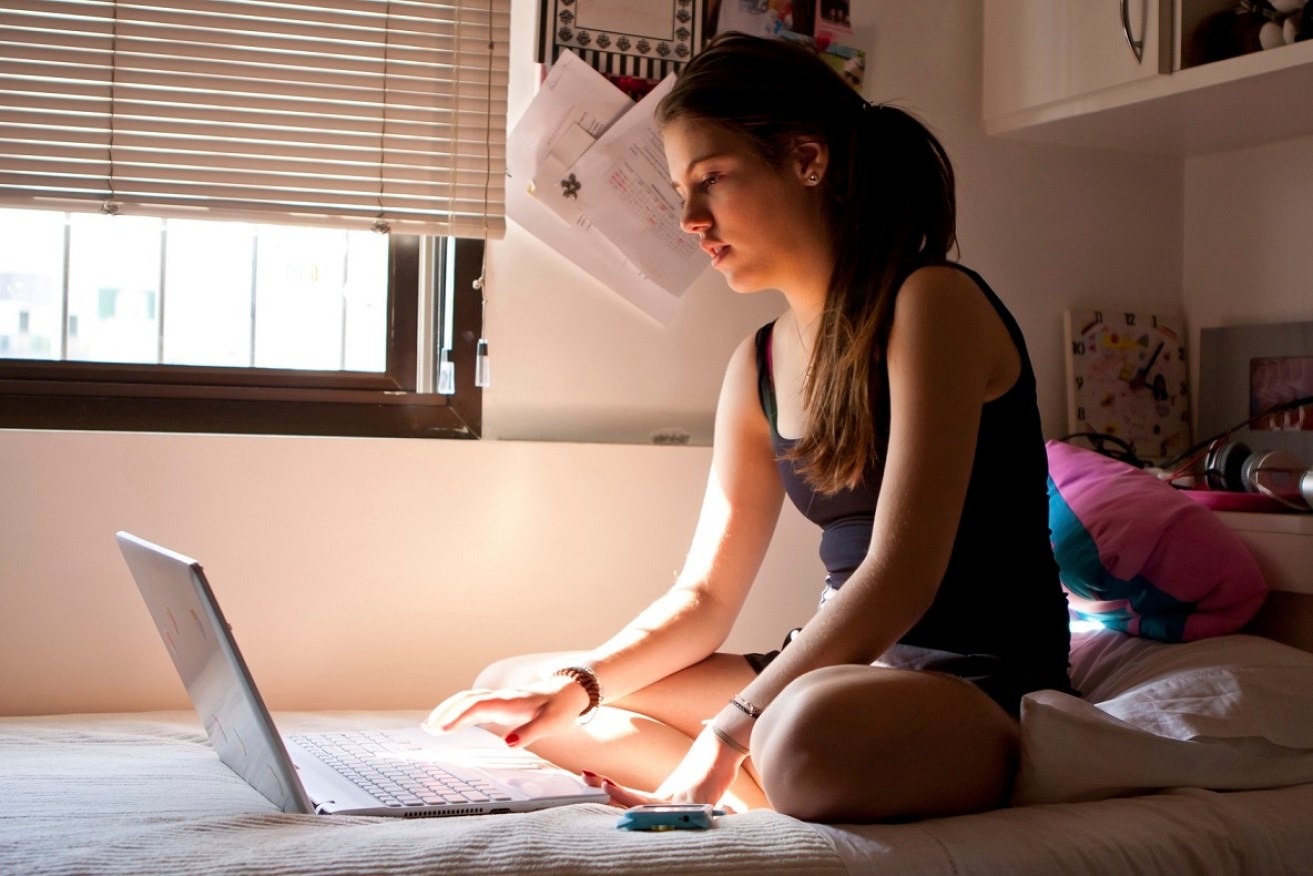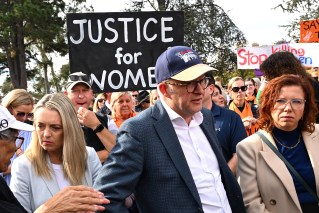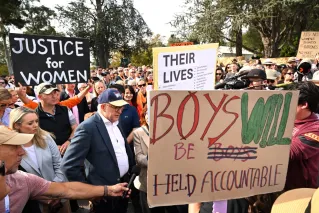At last, somebody brave enough to make social media accountable for damage it does
An American school community has taken out a lawsuit against social media giants including TikTok and Twitter – demanding they take proper responsibility for the damage they do to our teenagers. We need to follow suit, writes Madonna King


An American school district has filed a complaint against social media platforms over the damage being caused to our youth (File image)
Sometimes, David needs to take on Goliath.
And that’s exactly what’s happening in the United States with schools suing social media giants for their alleged role in a teen mental health crisis.
That crisis is not confined to America, and this step – by Seattle Public Schools – could be the game changer when everything else is failing.
The benefits of social media, whether it is Facebook, YouTube, Instagram, Snapchat, TikTok or Instagram, can be immense. Connection. Communication. Information. Entertainment. Knowledge.
They can deliver a recipe in an instant, help with health and fitness, provide our weekend music fill, and provide a guide on everything from how political preferences work to making a speech at a family wedding.
But at what cost? And whose responsibility is it when use of social media spills over from healthy to harmful?
Inquiry after inquiry has done nothing to stem the heartbreak that parents and educators are dealing with daily. Children still in early primary school who are self-harming. Anxiety gripping 10-year-olds. Depression. Eating disorders. Relentless online bullying. Coercive control by finger-tip. Teens, at 15, injecting themselves with hormones in a bid to slow their gender growth.
We know that. That’s why we keep having inquiries. That’s why teachers are shaking their heads; desperate for something to be done. Parents, finding notes or falling upon a diary, are pleading with teen psychologists to find an opening in their books, inside a year.
And what’s been the result? A steady increase in all those mental health challenges, particularly amongst children and teens. And the age at which they are enveloping whole cohorts is getting earlier and earlier.
It’s flippant to use the ‘personal responsibility’ argument. How do you teach a 12-year-old, with access to the online world at school or at ballet or at the public library, the limits of use?
Or how does a parent, desperate to keep their child connected, forbid use of platforms at the heart of teenage connection?
It’s not realistic and it’s not our children putting their heads in the sand. It’s us. And it’s our leaders. And it’s got to stop.
That’s why this novel lawsuit, to hold the tech giants accountable for their part in the teen mental health crisis, might be a stroke of genius.
And perhaps a brave educator, or a cohort of schools, should consider the same path, here in Australia.
Seattle Pubic Schools have filed a 90-page complaint, accusing social media companies of targeting products to children, and blaming them for worsening the ballooning youth mental health crisis.
More than that, it focuses on the impact that it is now having in classrooms – more difficulty in teaching students, schools requiring more and more counsellors, the need for lessons now on the impacts of social media, and associated training for teachers.
“Defendants have successfully exploited the vulnerable brains of youth, hooking tens of millions of students across the country into positive feedback loops of excessive use and abuse of Defendants’ social media platforms,” the complaint says, according to reports published across the US. “Worse, the content defendants curate and direct to youth is too often harmful and exploitive ….”
And there’s a nuance in the complaint that might be the needle in the haystack. Forget the details of US federal law, but the schools are saying that while the social media platforms are not liable for third-party comment, they are for their own conduct.
And they provide examples – like the promotion of pro-anorexia and eating disorder content.
The response by some of those social media platforms being targeted is predictable; they say they work to protect young people who use their platforms – and certainly some of them have tinkered with settings, including privacy.
But investing in safety because of ongoing and episodic public outrage shouldn’t exonerate the giants from the broader issue: how their businesses target vulnerable teens, and the impact of those algorithms that we are now witnessing in our homes and schools and hospital wards.
The filed complaint says that in the decade to 2019, there was an average 30 percent increase in the number of Seattle public school students who felt “so sad or hopeless almost every day for two weeks or more in a row” that they stopped doing typical activities.
Ask a school principal or parent here. We might be on different sides of the globe, but we are dealing with the same social media platforms.
And the same excruciating challenges.
What about if we found a way, with the combined wisdom of our education and legal readership, to do the same here?
To take on Goliath, and put a full-stop in a sentence that is hanging over too many teens….












